The time has come. The mighty Vera Rubin Observatory has finally come on line and delivered its “first light” images
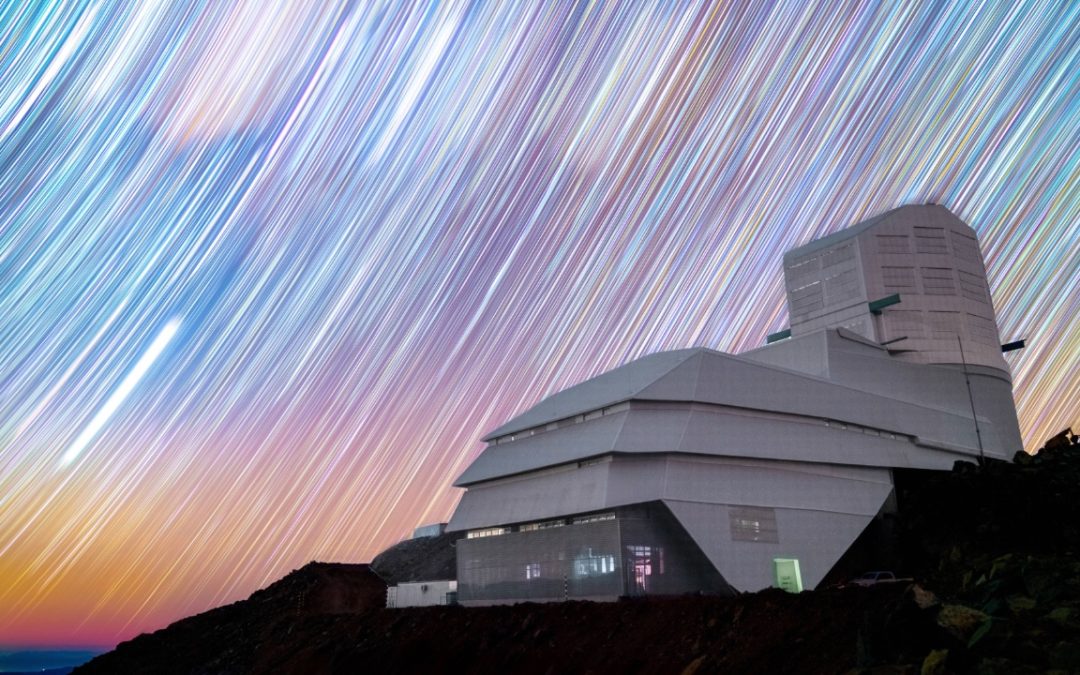

The time has come. The mighty Vera Rubin Observatory has finally come on line and delivered its “first light” images

Last week we talked about the Einstein probe. So this week it is only natural that we talk about the man himself, Albert Einstein. He revolutionized the field of physics, played a vital role in the early 20th century and struggled to unite the forces of the Universe...

Let’s look at the Euclid of Alexandria, the father of geometry and his contributions in celestial mechanics and orbital calculations.
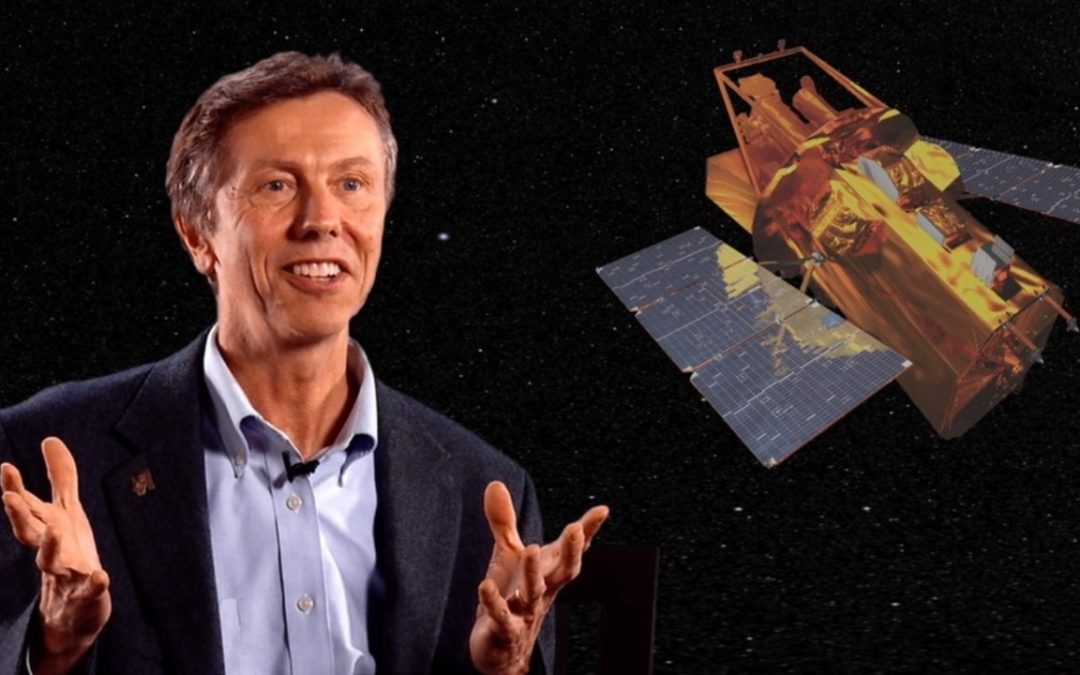
Last week we talked about the Neil Gerhels Swift Telescope, this week we’ll be talking about the man behind the mission.
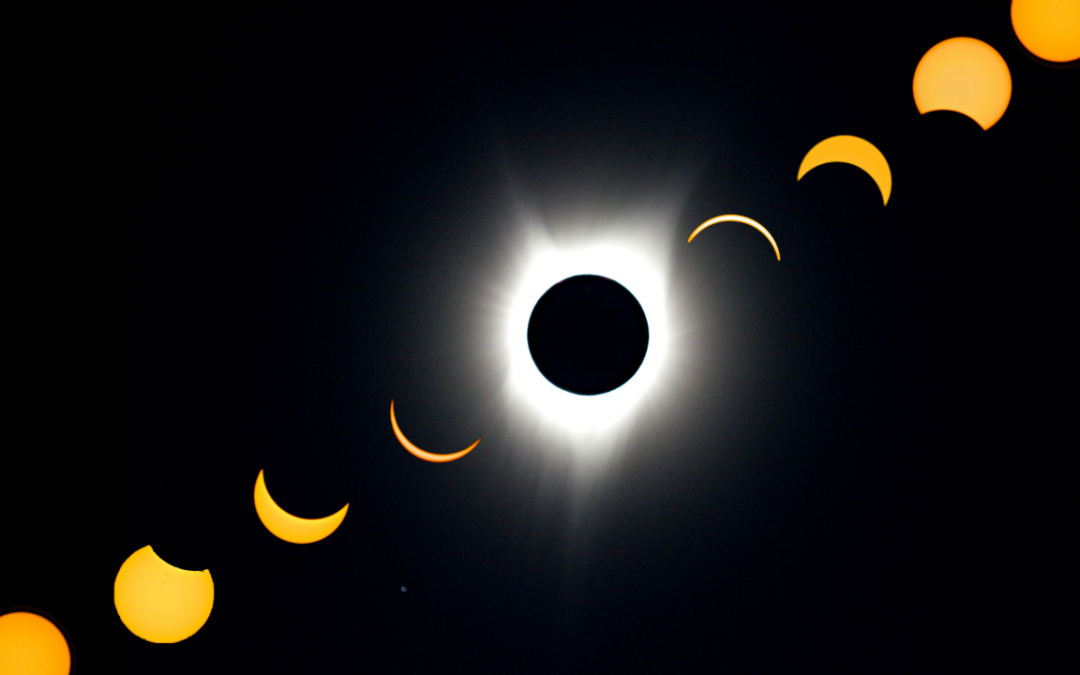
The next great eclipse is upon us, with viewers across North America witnessing the moon passing in front of the Sun. It’s an amazing experience, but also an opportunity to do science. Let’s talk about what we can learn from this momentous event.

You’ve probably heard that the best kind of science is peer-reviewed research published in a prestigious journal. But peer review has problems of its own. We’ll talk about that today.
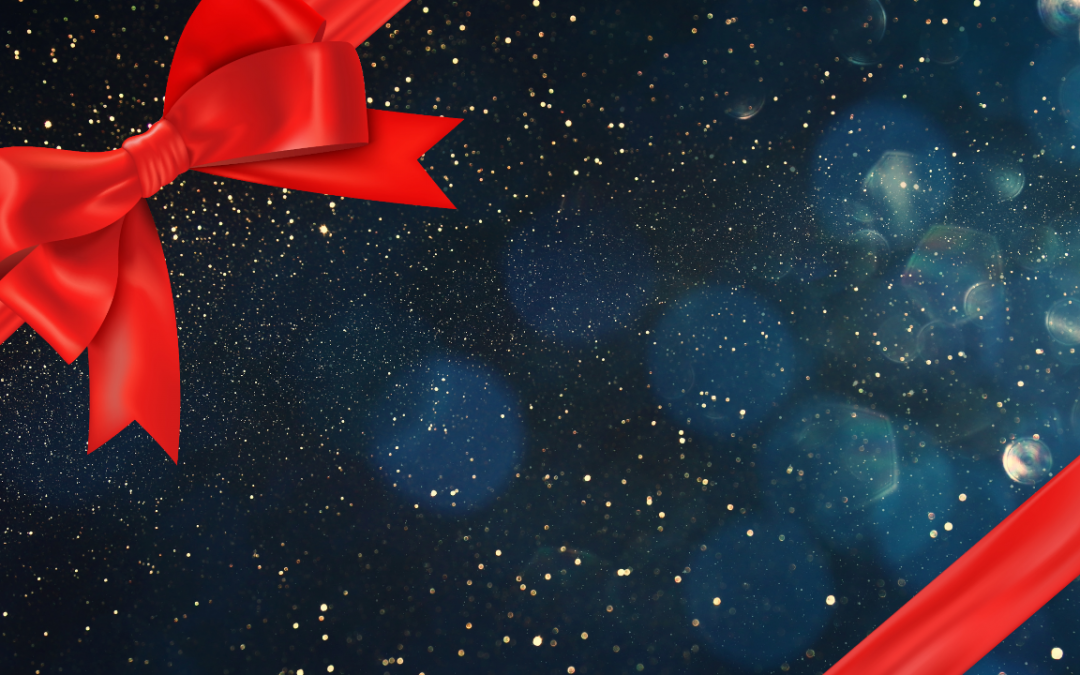
Just a warning, the holidays are rapidly approaching. It’s time, once again, to think about what to buy all the space nerds on your lists. Here’s what we like.
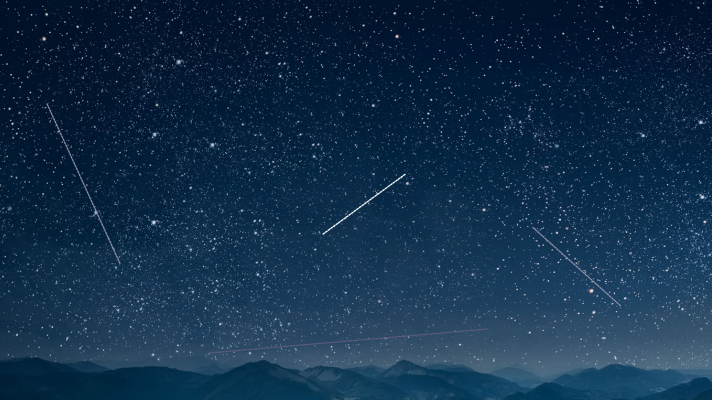
Light pollution is a big problem, and it’s only getting worse — not just near cities but everywhere thanks to increased satellite constellations. How bad is the problem, and how can we fix it?
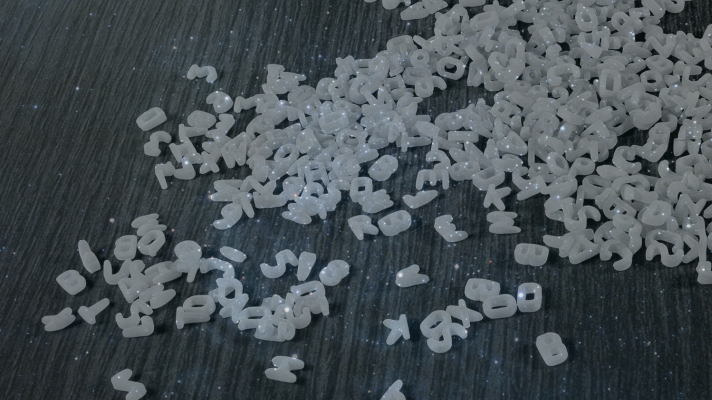
Space is a big place, with a lot of galaxies, stars, planets and moons, and that means a lot of names. How do astronomers name stuff, like comets, asteroids, exoplanets, craters?
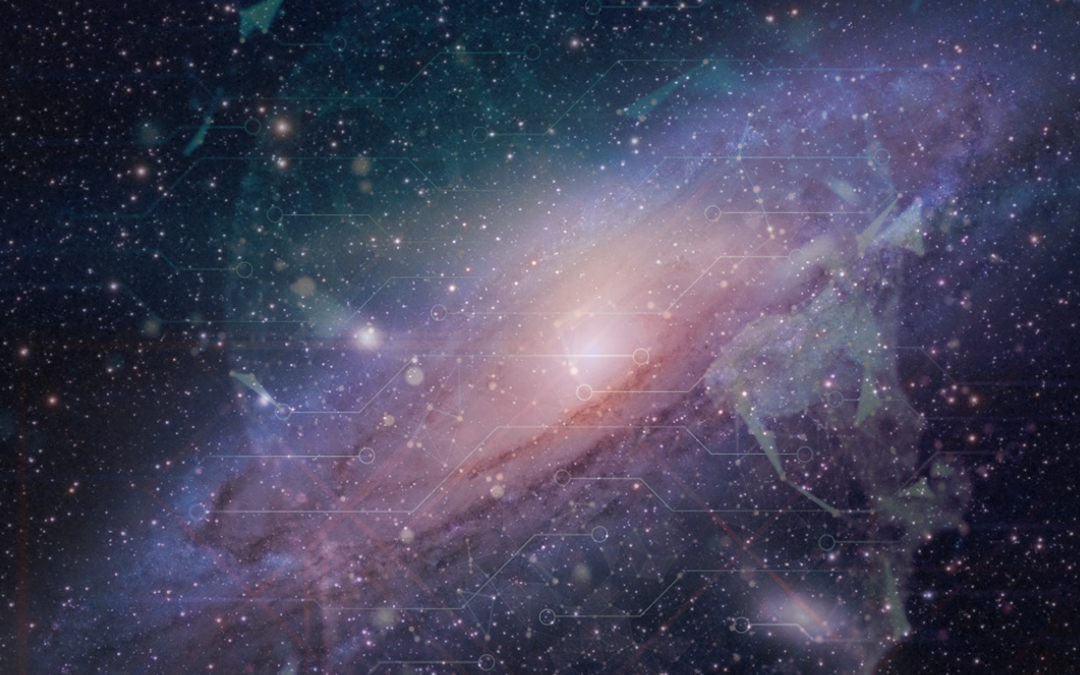
Computers are a big part of astronomy, but mostly they’ve been relegated to doing calculations. Recent developments in machine learning have changed everything, giving computers the ability to do jobs that humans could only do in the past.

Funding for basic science has always been tricky business, coming mainly from universities, government, companies, or wealthy individuals, but who knows how many fascinating discoveries were never made because of a lack of funding? We now live in an era where regular people can come together to find scientific discoveries.
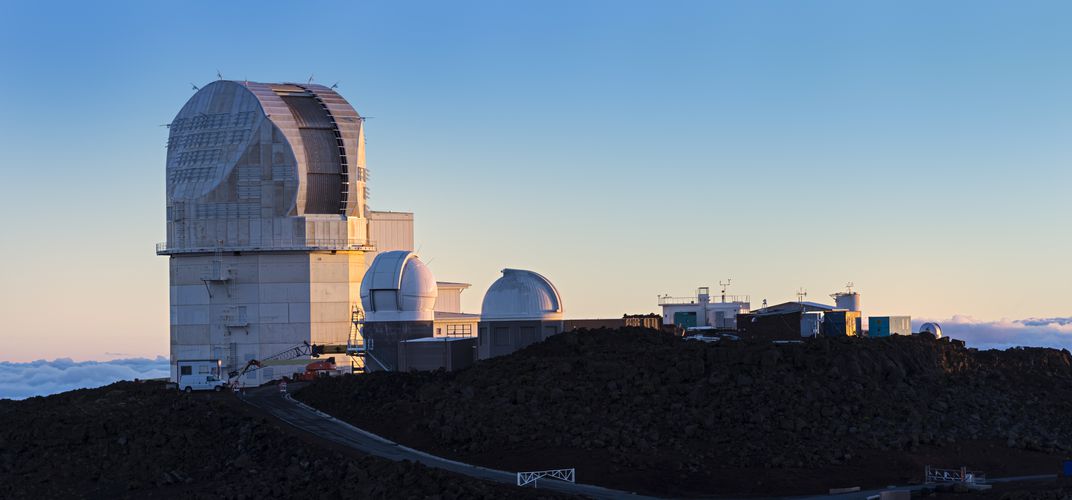
This week we’re live at the American Astronomical Society’s 235th meeting in Honolulu, Hawai’i. We learned about new planets, black holes and star formation, but the big issue hanging over the whole conference is the protests and politics over the new Thirty Meter Telescope due for construction on Mauna Kea.
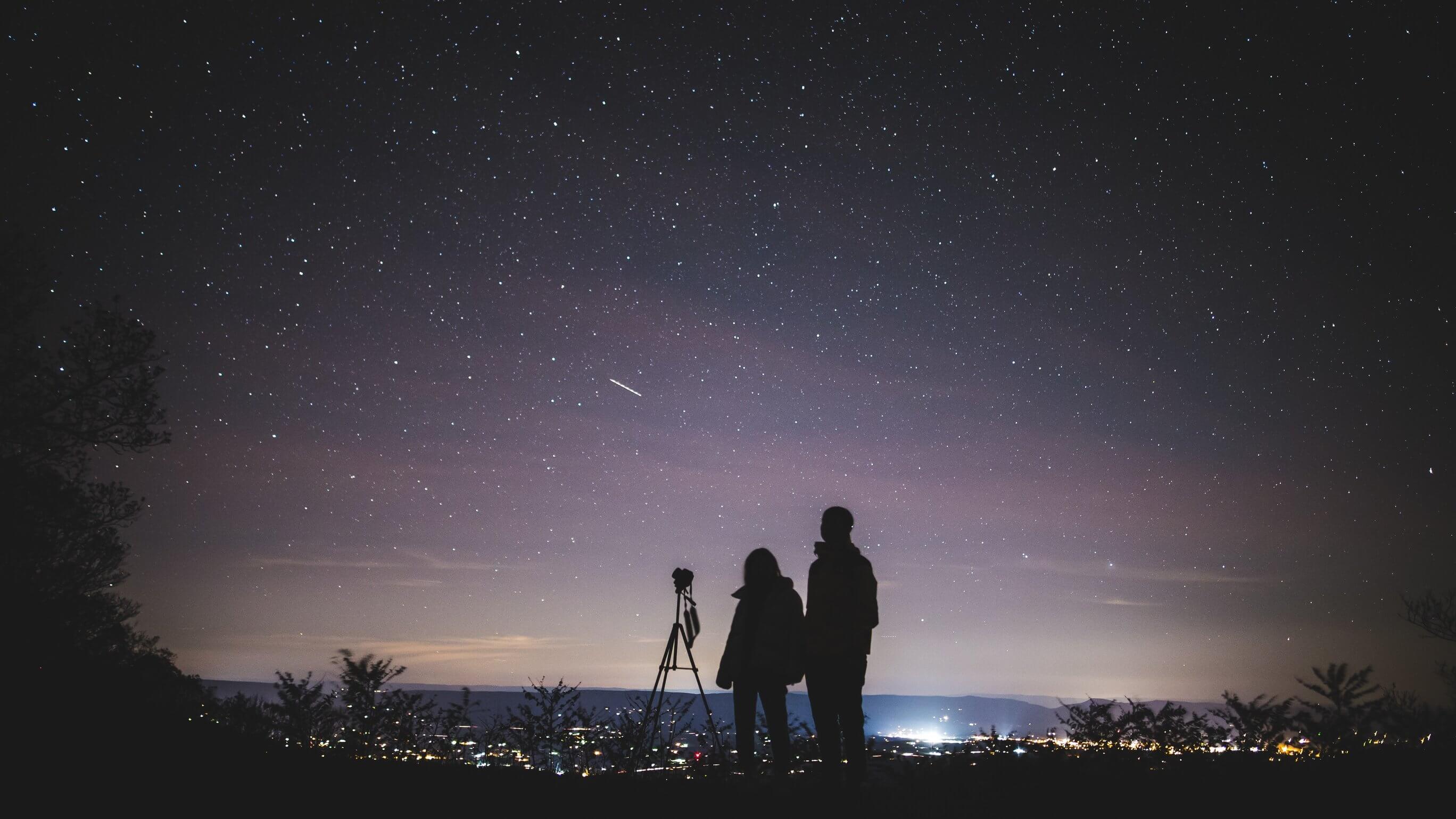
Few sciences have been able to take advantage of the power of computers like astronomy. But with all this computing power, you might be surprised to learn how important a role humans still play in this science.
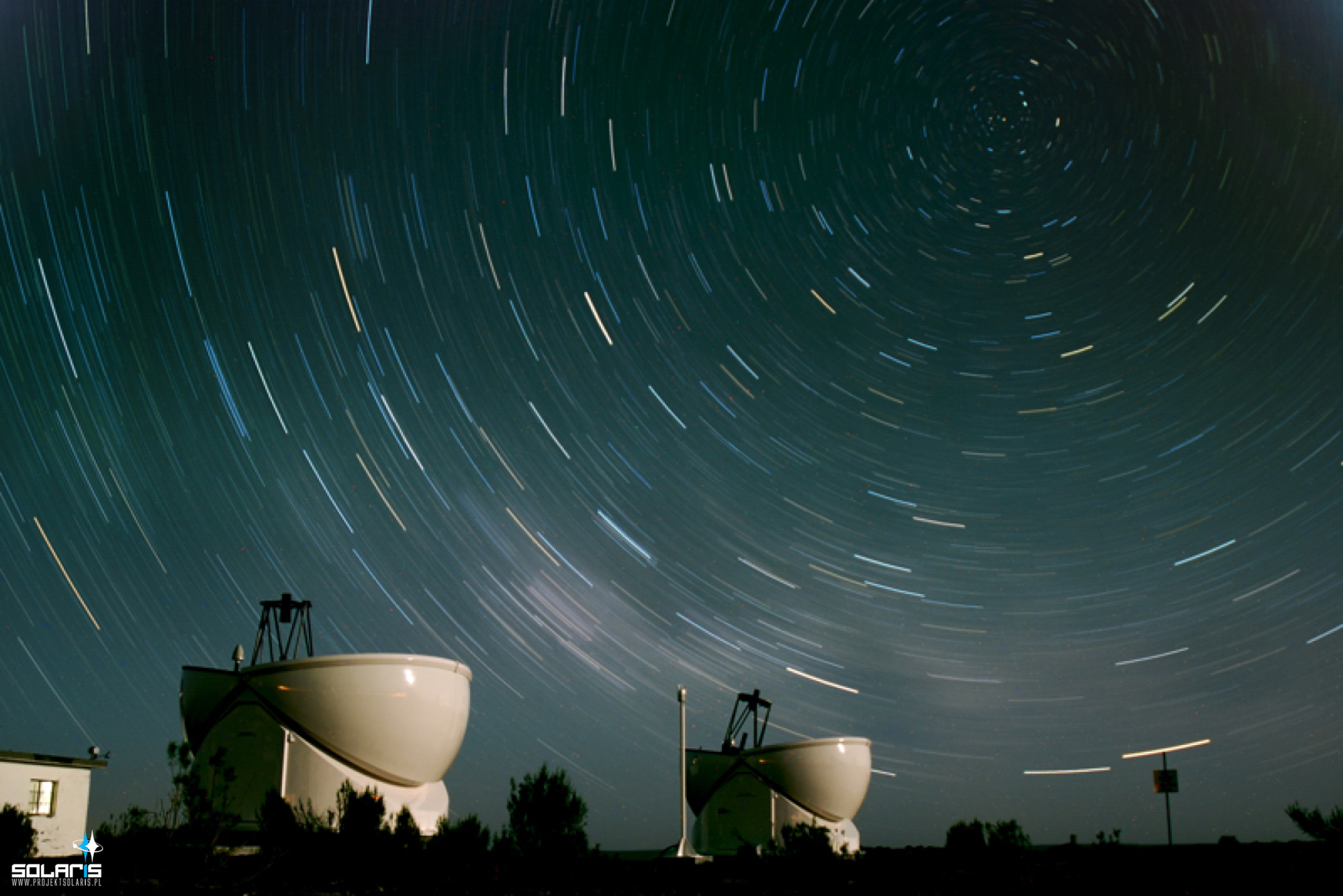
Last week we talked about some ancient south African astronomy, so this week we'll talk about the state of modern astronomy in the southern part of Africa, which happens to be a great place with nice dark skies and a great view into the heart of the galaxy. In this...
Last week we talked about how well the indigenous Australians followed the night sky. Well, it turns out, Australia is still an amazing place for astronomy. There are so many powerful observatories in Australia, and even more in the works. In this episode we mentioned...
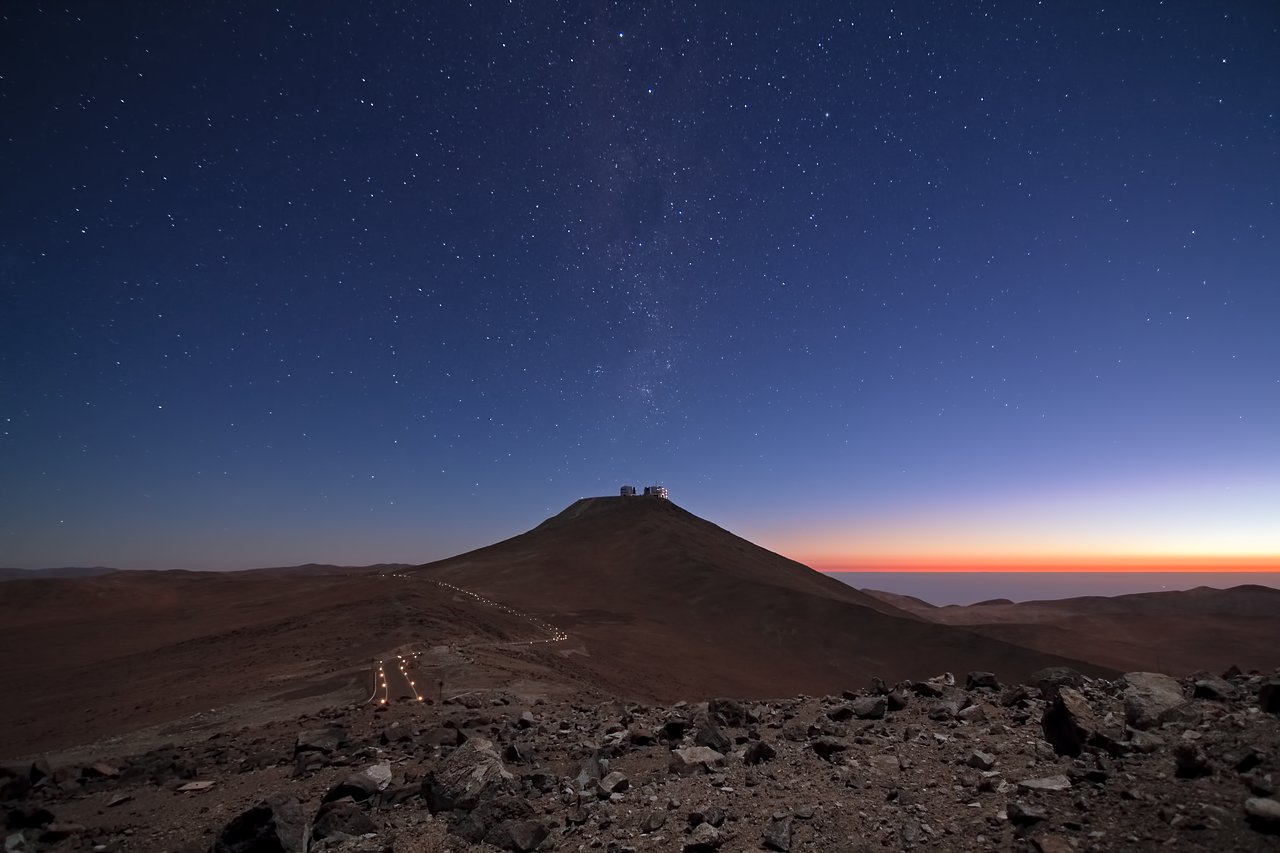
The Andes mountains in South America are a hotspot of astronomy today, but ancient peoples knew it was a great place for astronomy and lived their lives in tune with the night sky. Today we'll learn all about what they knew, and how they mapped the movements of the...
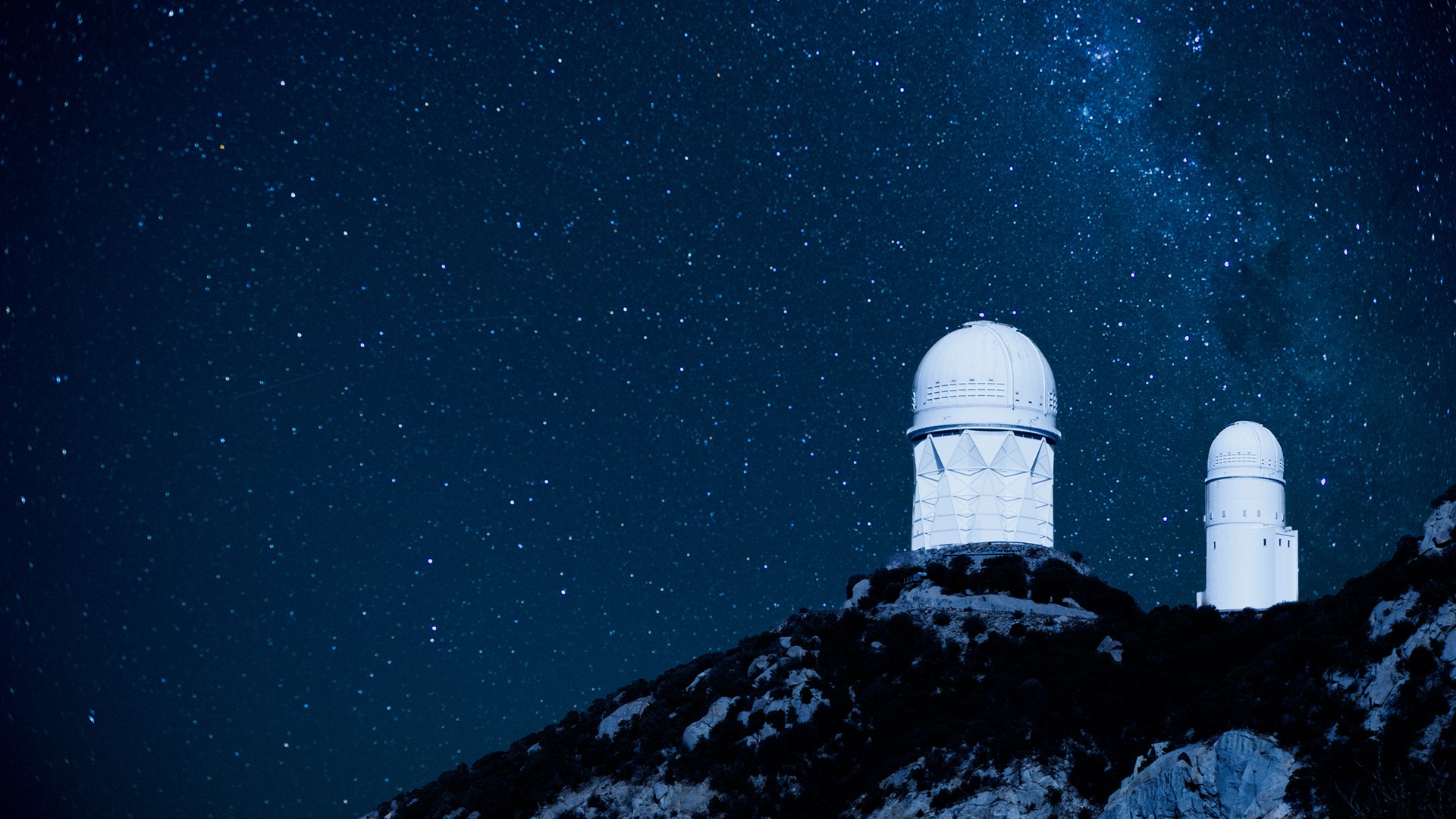
Last week we talked about the ancient astronomy of the American Southwest. But this is actually Pamela’s stomping grounds, and she’s spent many a night perched atop mountains in this region staring in the night sky with gigantic telescopes. How does astronomy get done in this region today?

Even though they might be scattered around our planet, astronomers have way to come together to work out issues that face their entire field of study. It’s called the International Astronomical Union, and they’re the ones who work out the new names for stars, and sometimes de-planet beloved Kuiper Belt Objects.
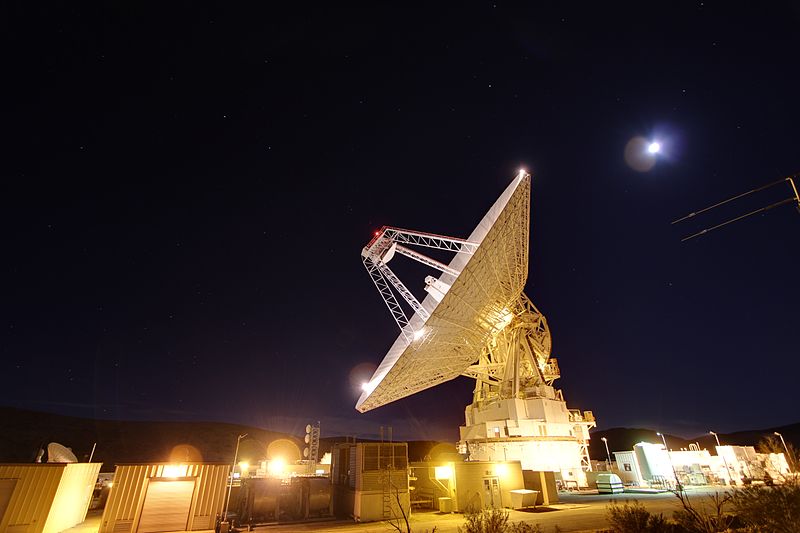
We always focus on the missions, but there’s an important glue that holds the whole system together. The Deep Space Network. Today we’re going to talk about how this system works and how it communicates with all the spacecraft out there in the Solar System.
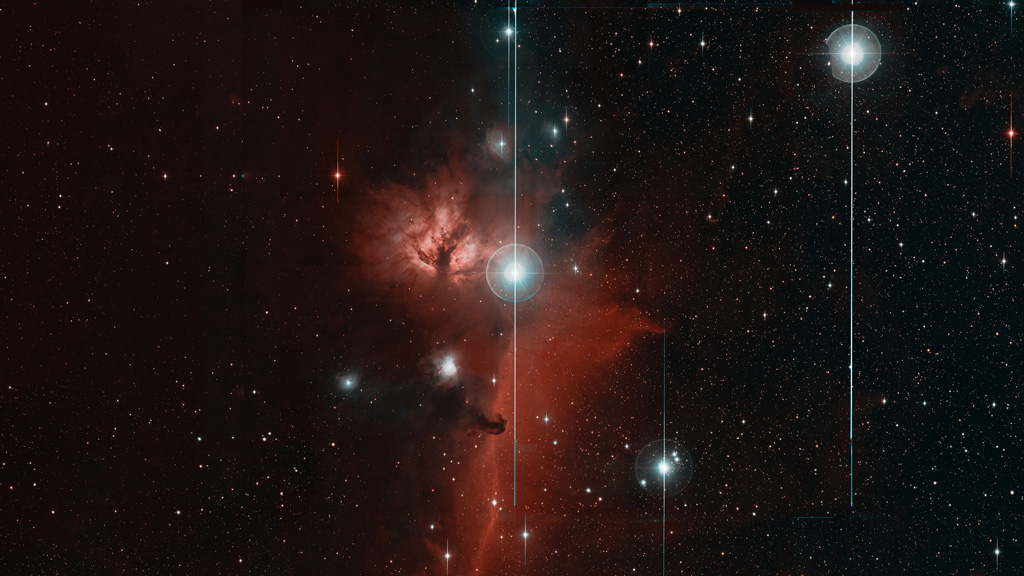
One of the most influential astronomers in the 20th Century was Fritz Zwicky. He had his hand in the discovery of dark matter, gravitational lensing, supernovae and neutron stars. And he also worked on a few more controversial ideas like, uh, tired light. Let’s learn more about Zwicky.
We are asking for your input through a series of three surveys, each of which is targeting a specific aspect of CosmoQuest and what we do.
It’s time to talk computers, and how we’re going to be dealing with them in the future. In our next segment on modern sci-fi, we talk about the future of the human-computer interface.
In all fields of science, sometimes more is learned when you fail at what you’re trying to do than when you succeed. So what new science discoveries have failed expectations given us in astronomy?
What kinds of things can we see using gravity, that we may not otherwise be able to see? Pamela will fill us in on the Great Attractor, etc!
Science is typically a male dominated profession, mostly dudes, not a lot of ladies. From researchers to professors, to law makers, woman have a tough time gaining traction in such a heavily gendered field. Today we’re going to talk about what it takes to make it as a woman in science, what additional hurdles you’ll have to navigate, and what resources are available if you’re being harassed or discriminated against.